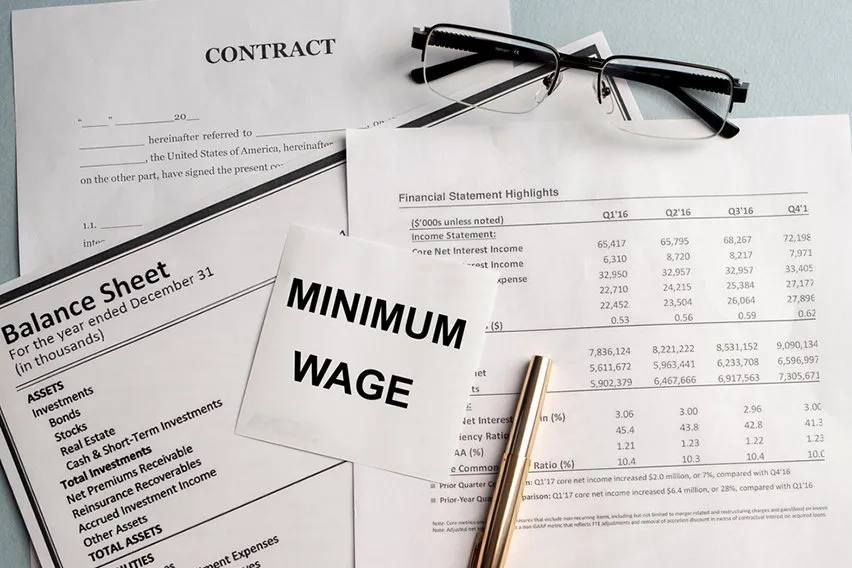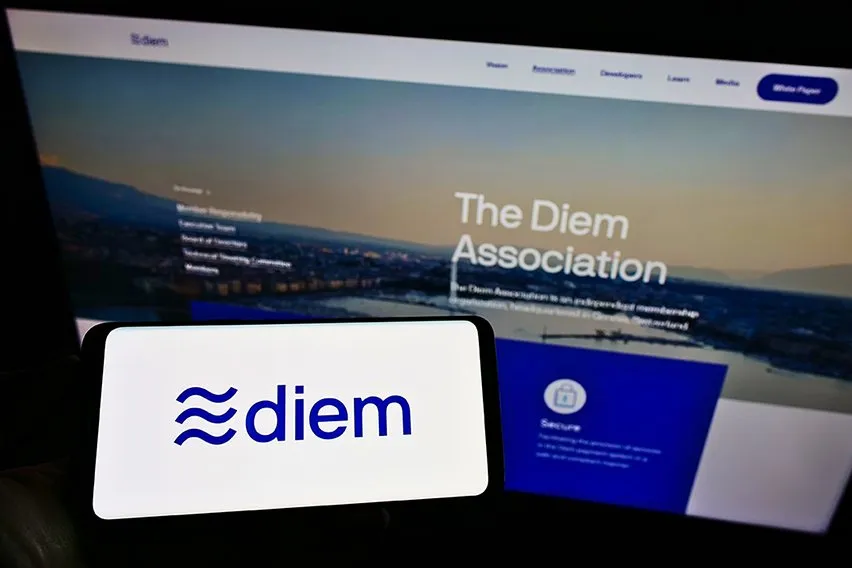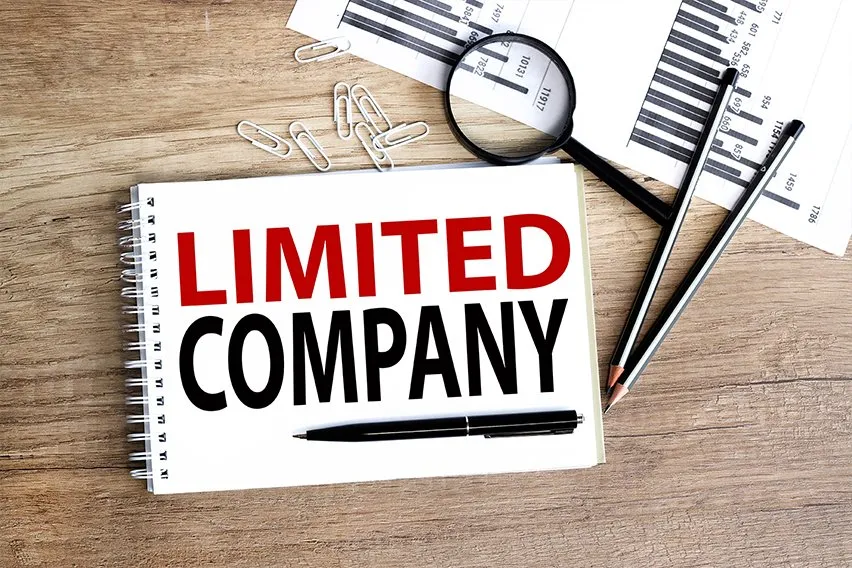What Is Minimum Wage? National Minimum Wage Rates

Do you have a bunch of employees or only a handful? Some might get paid an hourly minimum wage with scheduled increases. Others might receive a minimum salary or a monthly salary with annual wage increases.
Regardless of how many employees you do have, chances are there are going to be some who earn minimum wage. It depends on the type of job and the tasks and responsibilities that an employee has.
Each business will be different as it will have different needs and objectives. But the minimum wage is the lowest possible wage per hour that an employee must get paid. There are minimum wage laws that are outlined by the U.S. Department of Labor.
Here’s What We’ll Cover:
Federal Minimum Wage vs State Minimum Wage
Exceptions to Getting Paid Minimum Wage
What Is Minimum Wage?
Employees who have years of experience are most likely going to get paid a higher amount. They have the skills and expertise needed to complete their jobs that first-time workers don’t have. This is why most entry-level positions are paid minimum wage.
As employees gain more experience and spend more time in their specific roles, their pay will likely increase. This can get done through things like pay raises, bonuses or commission structures. And non-exempt workers can’t be offered or accept a job if the rate is below minimum wage.

The federal minimum wage rate in the United States is $7.25 per hour, but it can be higher depending on your state or location. But, that means that it’s illegal for any employee to get paid less than $7.25 per hour. When the government assesses the minimum wage level, they take into account changes in the cost of living and inflation.
There are some workers or employees that can get paid less than the minimum wage. However, those employees must fall into a category that has been specifically exempt from the Fair Labor Standards Act.
Federal Minimum Wage vs State Minimum Wage
There is a federal minimum wage of $7.25, however, it can vary. Some individual states, localities and cities have different minimum wage requirements. The only stipulation is that the hourly wage that is outlined doesn’t fall below the federal minimum wage.
Some states have substantial differences in the cost of living. Those states might have a minimum wage different than other states to reflect those actual costs. For example, South Dakota has a minimum wage that is different than the likes of West Virginia. The same could also be said for South Carolina and San Francisco.
Depending on the different criteria and geographic boundaries, some states have a higher minimum wage rate. Others have their minimum wage set at the federal rate. And, there are a select few states who don’t have a minimum wage requirement at all. In that case, the federal minimum wage applies to workers.
Exceptions to Getting Paid Minimum Wage
There are some jobs and groups of individuals who are not required to get paid the minimum wage. It depends on the type of job, the location and the skills needed to complete the responsibilities. Employees who regularly receive tips in their job, for example, can get paid less than the minimum wage.
Low-skilled labourers are typically exempt from the regular rate or hourly rate if a large portion of the money that they earn comes from tips. If this is the case, the minimum wage is lowered to just over $2.00 per hour if an employee earns over $30.00 a month in tips.

Some exceptions are also made for students. A full-time student cannot get paid less than 85% of the minimum wage and they can’t work more than 20 hours per week while they are studying.
Another exception is workers under age 20. Those employees can get paid $4.25 per hour until they complete a three-month probationary period. After that, you must convert the employee’s pay structure to meet the federal minimum wage.
Key Takeaways
The regular minimum wage is implemented for a reason. The laws are developed to help stop employee exploitation and make sure the working population stays above the poverty line. This is why minimum wage typically goes up as the cost of living increases.
The main thing to know is that as an employee you will get paid the federal base minimum wage at the very least. Unless you are a specifically exempt employee outlined in the Fair Labor Standards Act. There are also a few other exceptions to consider if you are a low-skilled laborer, full-time student or are under 20 years of age.
Did you enjoy reading this guide? Head over to our resource hub for more.
RELATED ARTICLES
 WACC Formula, Calculations & Definition
WACC Formula, Calculations & Definition How to Cancel a Direct Debit: Everything You Need To Know
How to Cancel a Direct Debit: Everything You Need To Know What Is Debt-to-Equity-Ratio & How to Calculate It?
What Is Debt-to-Equity-Ratio & How to Calculate It? What Is Per Diem? Everything You Need to Know
What Is Per Diem? Everything You Need to Know What Is a Limited Company and How to Set One Up in the UK
What Is a Limited Company and How to Set One Up in the UK Return on Capital Employed (ROCE): Definition and Calculation
Return on Capital Employed (ROCE): Definition and Calculation